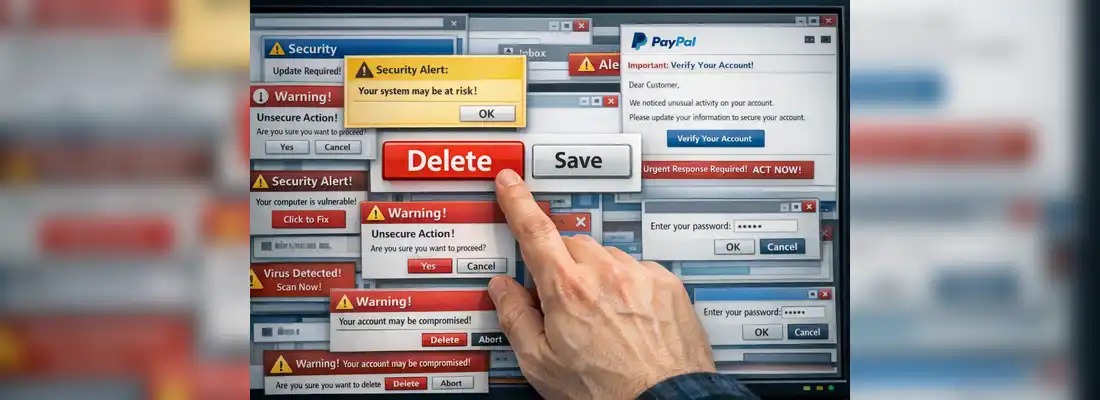Are electronic signatures legally binding?
Date: 23 December 2021

Virtually everything in the modern business world is going digital. The rise of electronic signatures, or e-signatures, has enabled processes that were previously only possible in-person to function remotely. Unsurprisingly, e-signature transactions have grown from $89 million to $754 million in just five years.
Despite this rapid adoption, some businesses have lingering concerns about electronic signatures and security implications surrounding them. Most notably, one is usually unsure about whether or not they’re legally binding. The short answer is that e-signatures are legally binding in some circumstances but not in others. Read on to know more.
Why Use E-Signatures?
Before understanding the legality of e-signatures, it helps to know why you would want to use them. Like many digital alternatives to in-person processes, these tools offer many efficiency and monetary benefits over their traditional counterparts. One of the most evident of these advantages is speed.
Signing things electronically means you don’t have to print out documents or travel to sign them. These savings seem inconsequential at first, but they add up to substantial improvements. For example, the state of Vermont cut contract approval times by 75% by switching to e-signatures.
E-signatures also allow you to sign things remotely, which can further cut time and streamline legal processes. Going paperless will also save money, avoiding high paper costs that would add up over the course of printing several lengthy contracts. Under the right conditions, it can also be more secure, as it’s easier to create backup copies.
However, these copies, if stored online must be guarded with the strongest of technology tools and cybersecurity best practices to ensure that they remain protected against cyber criminals and ransomware attacks.
Requirements for E-Signatures to be Legally Binding
While they may seem less formal, e-signatures are as legally binding as traditional signing in most cases. However, unlike traditional signatures, they must meet several standards to be legally enforceable. The Electronic Signatures in Global and National Commerce (ESIGN) Act and the Uniform Electronic Transactions Act (UETA) outline these requirements. These regulations require five core principles that legal e-signatures must include:
- Intent to sign
- Consent to do business electronically
- Record retention
- Signed copies
- Opt-out clause
Intent to sign refers to the signees showing that they mean to sign the document in question. This often takes the form of typing their name, clicking an “Accept” box, or drawing their signature electronically. “Consent to do business electronically” means there must be a clause stating everyone agrees to use e-signatures.
Both parties must also be able to keep a record of the document in the form it was when signed. The next rule, signed copies, takes care of this consideration, as it requires each party to receive a copy of the signed document.
Finally, there must be an opt-out clause that allows signees to request a physical copy to sign instead. That should include clear instructions on how manual signatures would work.
Some states, like New York and Illinois, have implemented their own e-signature legislation instead. These generally follow the same principles but have more specific language and requirements. For example, in Illinois, e-signatures must meet some security standards, too.
Some documents, like birth, wedding, or death certificates, need handwritten signatures in almost all cases. For the most part, though, e-signatures that meet these requirements are applicable across all standard business transactions.
E-Signatures vs. Digital Signatures
When looking into e-signatures, you may come across the term “digital signature.” As close as this sounds to electronic signatures, they’re not exactly the same thing. All digital signatures are e-signatures, but not all e-signatures are digital signatures. The difference is a matter of security.
Digital signatures include a form of certificate-based authentication to verify that signees are who they say they are. That often involves a password or PIN that provides a private key to authenticate the transaction, similar to how blockchain works.
Some e-signature tools you’ll encounter use digital signatures to provide an extra layer of security. These aren’t a legal requirement in many cases but may be under some state laws and can help bolster e-signatures’ validity.
E-Signature Legality Across the Globe
Companies that do business internationally should also consider other countries’ e-signature laws. In most nations, e-signatures are legally binding, but different nations may have varying standards they must meet to be enforceable.
For example, the European Union describes various types of e-signatures, some of which have more legal weight than others. The lowest tier, Simple Electronic Signatures, has no security requirements and, as such, may not be applicable in all cases. The highest, Qualified Electronic Signatures, includes authentication measures and tampering detection and is as valid as handwritten signatures in all cases.
Generally speaking, the more secure your e-signature platform is, the more legal value it holds. Always check regional laws and regulations before using e-signatures for official transactions and opt for the most secure option.
E-Signatures Can Be a Helpful and Legal Alternative
As long as they meet these requirements, e-signatures are a legal and often helpful alternative to physical signing. No matter what you need a signature for, chances are good that an e-signature is valid. You can then opt for these more flexible options and enjoy their security, efficiency, and ease of use.
Author: Devin Partida

Devin Partida is a cybersecurity writer and editor.
Her work has been featured on AT&T's cybersecurity blog, CPO Magazine, Entrepreneur and Yahoo!, among other publications. She is also an editor at ReHack.com.




.webp)


